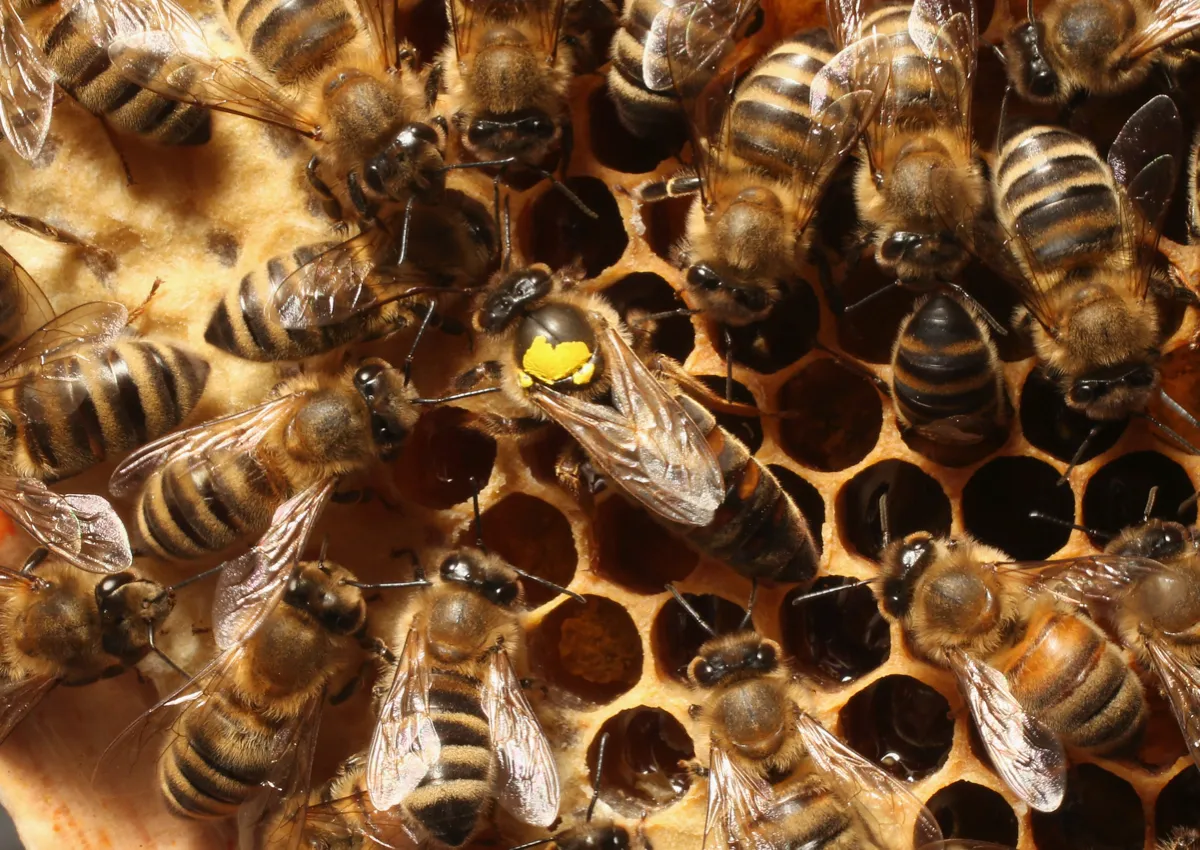The findings, published today in Nature Ecology & Evolution, show that exposure to thiamethoxam reduce the chances of a bumblebee queen starting a new colony by 26%, which could lead to a serious decline in wild bee populations.
Researchers from Royal Holloway, University of London, and the University of Guelph found that exposure to thiamethoxam reduced the chances of a bumblebee queen starting a new colony by more than a quarter. “Queens exposed to the pesticide were 26% less likely to lay eggs to start a colony,” said Dr Gemma Baron, from the School of Biological Sciences at Royal Holloway. “Creating new bee colonies is vital for the survival of bumblebees – if queens don’t produce eggs or start new colonies it is possible that bumblebees could die out completely.” Numerous studies have linked neonicotinoids to the decline of bees and butterflies.
The EU issued a temporary ban on thiamethoxam in 2013, which is still in place, although the government have rejected emergency appeals in relation to the use of banned pesticides. Bumblebee queens already face a hugely challenging task if try to start new colonies. They must first survive the winter, which can cause them to lose up to 80% of their fat reserves, and then surmount the threats posed by, parasites, predators, bad weather, and a lack of resources.

The additional impact of neonicotinoid pesticides could prove devastating say researchers. Professor Vincent Jansen from Royal Holloway London, said: “Neonicotinoids are the most widely used class of pesticide in the world. It is vital that we understand the effects of these pesticides on our wildlife before allowing their continued use.”
Professor Nigel Raine from the University of Guelph added: “This research shows that these pesticides can have a devastating effect on bees, and we urgently need to know more about how pesticides could be affecting other species.”